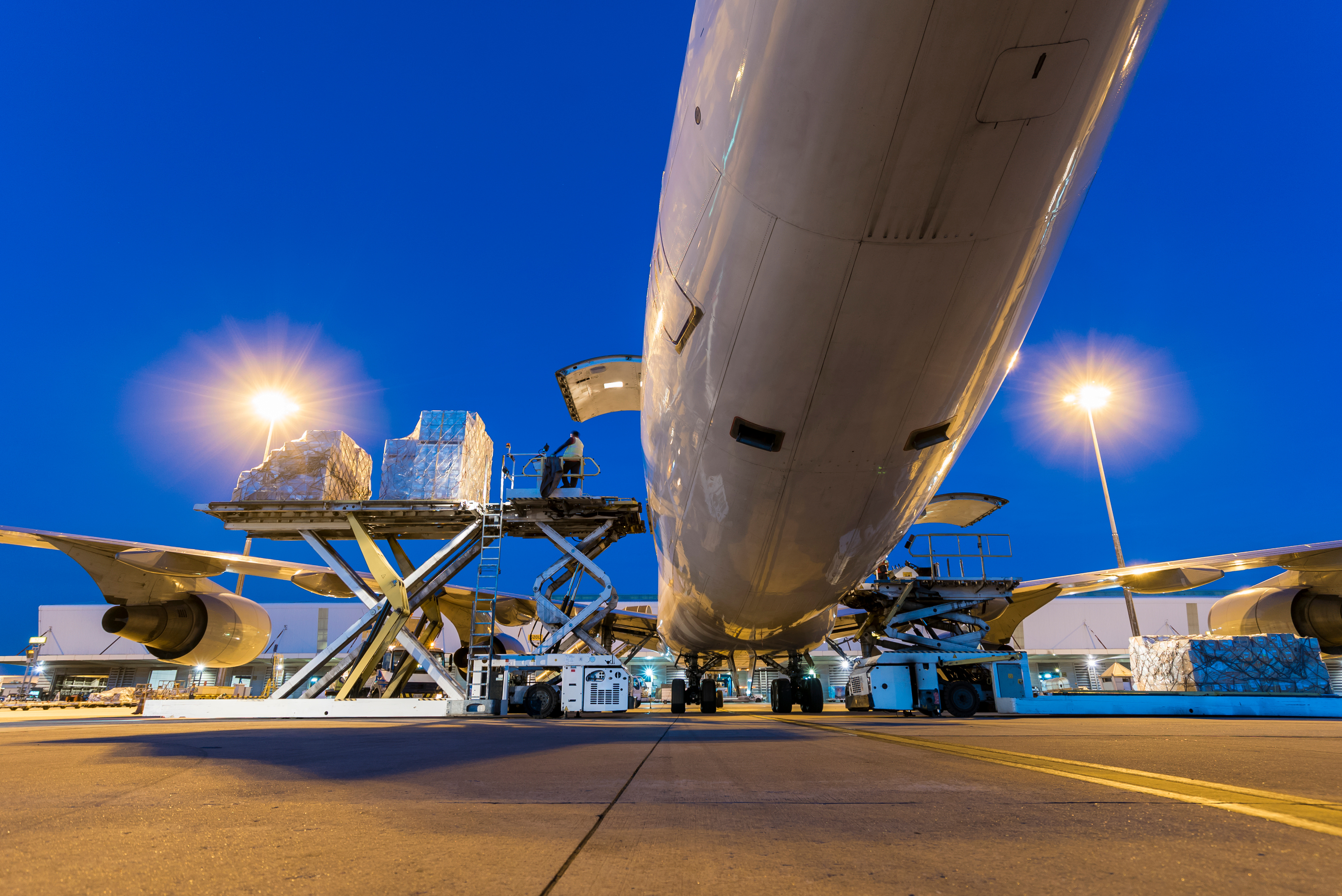Growing Fast
Air cargo has become a pivotal element in the global logistics and transportation sector, especially in regions like the Middle East and Africa. These regions are experiencing significant growth due to strategic geographic locations, rising e-commerce, and investments in infrastructure development. This blog explores the current state, growth projections, and the burgeoning e-commerce sector’s impact on air cargo in the Middle East and Africa, highlighting why these regions hold immense opportunities for the industry.
The Middle East, with its central geographic location, acts as a critical bridge between the East and the West. This advantage is not just geographical but also economic, facilitating quicker trade routes and enabling the region to become a hub for international air cargo operations. Similarly, Africa’s vast landscape and developing economies are opening new avenues for air cargo, especially with the continent’s increasing integration into global supply chains.
Recent reports and analyses predict a strong growth trajectory for the air cargo sector in these regions. The International Air Transport Association (IATA) has highlighted the resilience and potential for significant growth in air cargo, noting that markets in the Middle East and Africa are poised to expand rapidly. This is attributed to the ongoing investments in airport infrastructure, the expansion of fleets by local carriers, and the strategic partnerships being formed between global and regional logistics companies.
For instance, the Middle East is expected to see an annual growth rate of 4.4% in air cargo over the next two decades, while Africa is forecasted to experience an even more robust growth rate of 5.0%, according to the IATA. These figures underscore the optimistic outlook for the air cargo industry in these regions, driven by both intra-regional and international trade demands.
E-commerce is a significant driver of air cargo growth, with the Middle East and Africa witnessing exponential increases in online retail. The surge in digital platforms, increased internet penetration, and the young, tech-savvy populations are fueling e-commerce growth, subsequently boosting air cargo demand. According to Deloitte e-commerce in the middle East is expected to climb to $50 billion by 2025. And Africa e-commerce should surpass $50 billion in 2028 – in both regions there is a great opportunity resulting from e-commerce.
The combination of strategic location, growing e-commerce, and growth projections presents vast opportunities for countries in the Middle East and Africa. These regions can leverage their unique positions to become global leaders in air cargo logistics. With continued investment in infrastructure, technology adoption, and regulatory support, the air cargo sector can significantly contribute to economic diversification and sustainable growth.
Moreover, the rise of e-commerce presents an opportunity for local businesses to expand their reach globally, requiring efficient logistics and air cargo services to meet consumer expectations for fast and reliable delivery. This demand can spur innovation in the sector, including the adoption of green technologies, digitalization of customs processes, and the use of blockchain for tracking and security, setting new standards for global air cargo operations.
The air cargo industry in the Middle East and Africa is at a pivotal point, with significant growth projections and e-commerce expansions signaling a bright future. The strategic geographic locations of these regions, coupled with ongoing investments and innovations, are creating a fertile ground for air cargo to thrive. By capitalizing on these opportunities, the Middle East and Africa can not only enhance their positions in the global logistics and transportation network but also drive broader economic growth and development.

